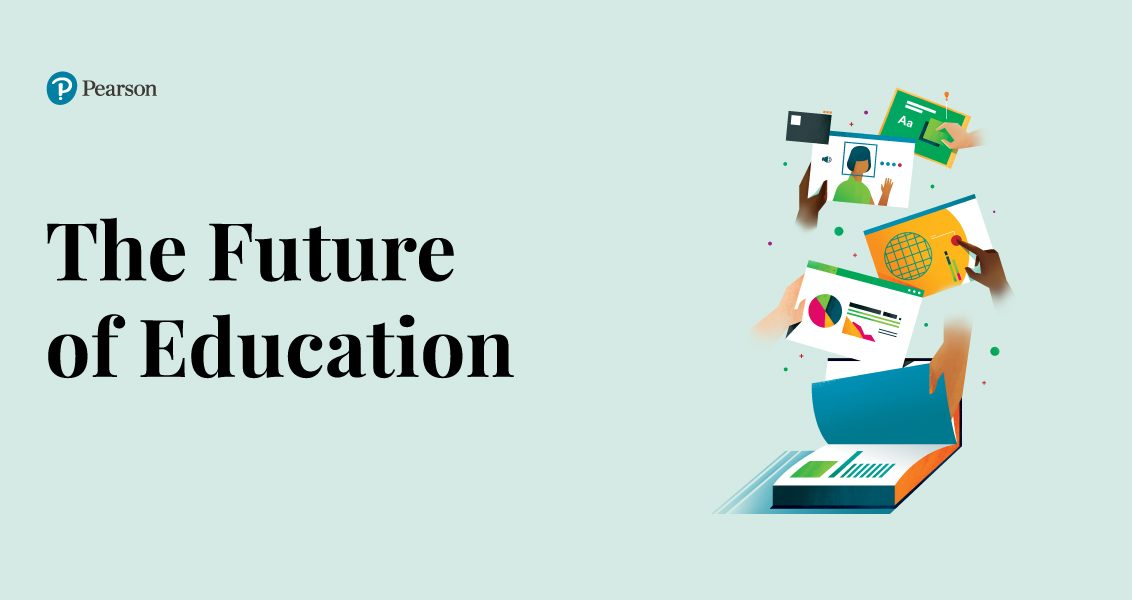
Technology is challenging traditional teaching and learning techniques in schools.
Teachers only want what is best for their students – but in a rapidly evolving, digitalised world, the skills, behaviours and knowledge required for success are rapidly changing.
In an age of robotics, when smart machines can automate repeatable tasks and even do them more proficiently than humans – from medical diagnosis to stock taking – futurists argue that it is our emotional intelligence (EQ) and creativity, rather than technical skills that will set us apart from computers. While schools have focused heavily on the STEM curriculum and in particular coding, if these roles can be automated, should schools be encouraging kids’ more creative sides?
The skills we need
“I love coding and am keen for as many people as possible to enjoy learning to code. However, it is not the answer to how best we deal with the fourth industrial revolution that we now face,” says Rose Luckin, Professor of Learner Centred Design at the UCL Knowledge Lab in London, who designs and evaluates educational technology. Creativity and EQ are important, she says, to better understand ourselves, others and how we behave. “This is increasingly important in a world where the problems that we tackle require collaborative problem solving, drawing on expertise from multiple disciplines.”
In a volatile, uncertain, complex and ambiguous future for our children we need not just academic qualifications but emotional and mental flexibility and resilience too. This will be crucial to their future careers. Consultants at Deloitte recently assessed 350 careers, finding the number of jobs in most were declining. In those occupations where jobs were growing, “soft skills” such as active listening and complex problem solving were crucial. These professions increased jobs by 1.9 million between 2001 and 2016.
Challenging traditional teaching and learning
This will challenge traditional teaching and learning techniques in schools, which remain focused on academic attainment as well as social capital built through networking. Luckin says we still need knowledge and understanding about the world — what’s known as ‘academic intelligence’. This is what helps us to solve complex problems, provided we do not limit our knowledge to subject silos and we learn about the ways in which physics is related to biology and geography is connected to history, and so on.
But we also need an understanding about what knowledge is, what it means to know something, what good evidence is and how to make decisions based on this evidence. This is “not automatable with current AI technologies, and indeed they may never be automatable”, says Luckin. “It is this re-thinking of human intelligence that should be at the heart of education and training systems.”
A report by advisory firm PwC found more than a third of UK jobs could be displaced by machines in the early 2030s, but many economists also see new roles being created by technology. Indeed, a study by tech company Dell found that 85% of jobs students today will be doing in the 2030s do not yet exist. Many people are switching jobs more frequently and futurists predict they will do more freelance work in future, working on individual projects for companies around the world. Schools will need to find a way to facilitate lifelong learning.
They will also need to encourage young people to see mistakes and failure as an opportunity for learning and an enabler of future success, says Steve Moss, chair of Naace, the education technology association. He calls this a “growth mindset”.
It is also likely that computers will take over mundane elements of our roles, freeing us up to focus on more important tasks. Indeed, it is already happening in many professions, such as accounting and finance.
Gaining new knowledge
So teachers will need to prepare kids to work collaboratively with machines. “We need to stop educating and training people to do the things we can now automate with AI. Rather, we need to educate our people to be complementary to our AI and to excel at the things we can’t automate,” says Luckin. While technical, data-intensive tasks are thought to be highly automatable, the Dell report says that “the ability to gain new knowledge will be valued higher than the knowledge people already have”.
Knowledge is now readily available at our fingertips, on our smartphones via the internet. So the main role of the teacher of the future may be to help students find their own bespoke methods of learning, with classroom time reserved for discussion and debate. Technology may facilitate a switch from learning to exploring concepts, enabled by immersive technology such as holograms and virtual reality.
“Teachers can make effective use of edtech to improve their teaching and to bring students’ learning to life,” says Moss. “The key questions that teachers should ask when thinking about deploying new technologies are ‘How will this help me to teach more effectively?’ and ‘How will I measure the impact on students’ achievement of using this technology?’ Using the tech just because it is there is not a sound approach.”
Teachers have a crucial role in setting students up for success in a rapidly changing future. Technology is driving many of these shifts, but humanity — whether teaching creativity, social intelligence or resilience — remains essential to both teacher and student.
About the author
Seb Murray is a freelance journalist and editor with several years’ experience in print and online media. He regularly writes for titles such as the Financial Times, the Guardian and the Evening Standard, as well as a plethora of education and corporate magazines.

